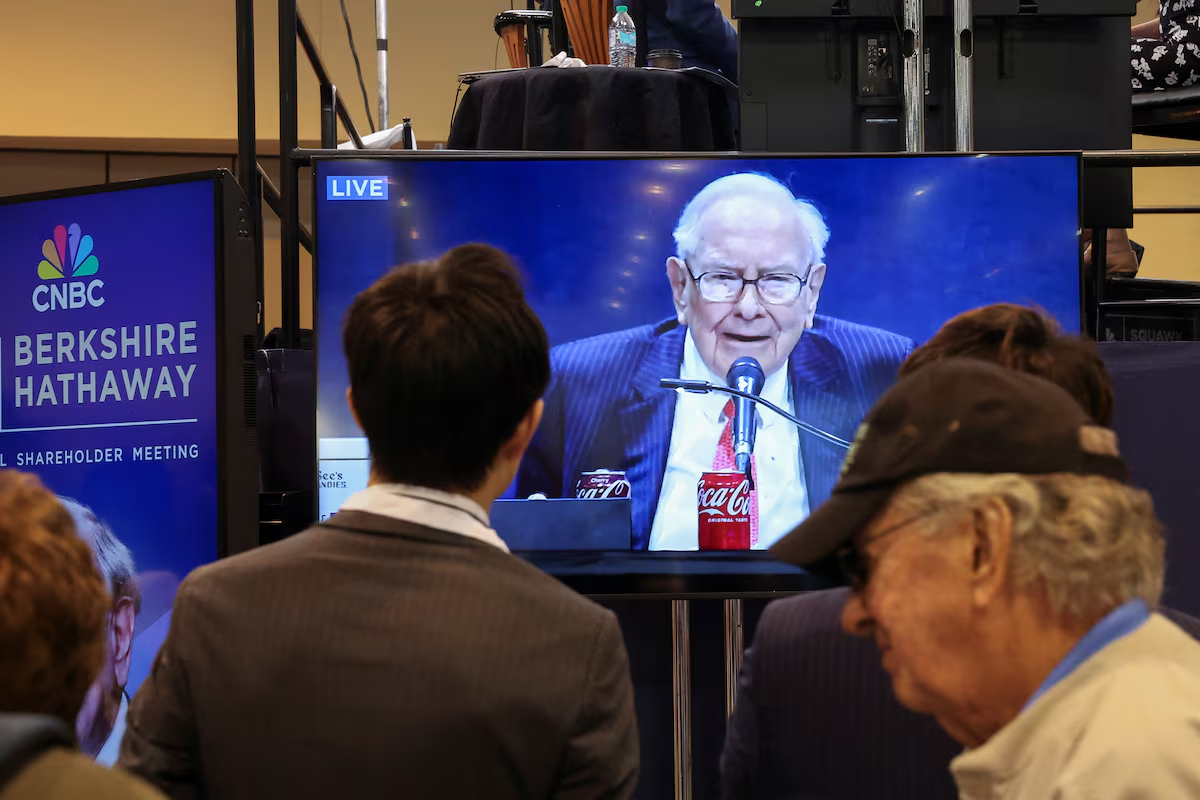The United Kingdom is preparing for a strategic reset in its relationship with the European Union, laying the groundwork for deeper cooperation in trade and defence. Though no formal negotiations have begun, internal UK government documents and preliminary discussions with EU counterparts suggest a significant shift in tone after years of post-Brexit friction.
According to senior British officials, the government is finalizing a blueprint for how to rebuild structured engagement with the EU. This initiative does not signal a reversal of Brexit or a return to the single market, but it reflects a growing recognition that the UK and EU share many common challenges—from geopolitical threats to economic instability—that require pragmatic cooperation.
One government source described the effort as a “functional, not romantic” reset. The plan includes proposals to align regulations in key sectors, such as pharmaceuticals, automotive standards, data, and energy, and to reduce trade friction caused by the 2020 Trade and Cooperation Agreement. Officials insist these ideas do not breach Brexit red lines but aim to make the existing framework more flexible and efficient.
Defence cooperation has emerged as a particular area of urgency. With the ongoing war in Ukraine and increasing military assertiveness from Russia, UK and EU leaders see an opportunity to work more closely beyond NATO mechanisms. British officials are proposing joint defence programs, intelligence-sharing arrangements, and enhanced participation in EU defence projects.
“There’s a growing realization that the geopolitical environment demands closer alignment,” one EU diplomat told Reuters. “No one is talking about rejoining. This is about being realistic.”
Despite recent tensions—including those surrounding the Northern Ireland Protocol and fisheries disputes—relations between London and Brussels have thawed slightly under Prime Minister Rishi Sunak’s leadership. Sunak’s administration has avoided inflammatory rhetoric and focused instead on resolving technical issues quietly, such as the Windsor Framework agreement reached earlier this year to manage Northern Ireland trade.
The UK’s shift comes amid domestic political pressures as well. The Conservative government is facing criticism over sluggish economic growth and business concerns about Brexit-related red tape. Industry leaders have long called for smoother trade relations with the EU to address rising costs and export delays.
The opposition Labour Party, which is leading in the polls ahead of the next general election, has also indicated support for a reset in UK-EU ties. Labour leader Keir Starmer has promised a “closer and more constructive relationship” with the EU, though he has ruled out rejoining the single market or customs union.
In Brussels, EU officials appear cautiously open to the idea of deeper UK engagement. While insisting that the integrity of the single market must be preserved, many European leaders see strategic value in working more closely with Britain on defence, technology, energy, and counterterrorism.
Yet challenges remain. Any formal expansion of UK involvement in EU initiatives would need to navigate political sensitivities on both sides. Some Conservative MPs still oppose any move that could be seen as backsliding on Brexit, while EU leaders remain wary of reopening complex treaty negotiations.
“This is a diplomatic dance,” said Mujtaba Rahman, managing director for Europe at Eurasia Group. “The UK is trying to step closer without stepping back in.”
The upcoming European elections and a possible UK general election in 2026 add a layer of political uncertainty. Nonetheless, the internal groundwork being laid signals a significant change in Britain’s post-Brexit trajectory.
If successful, the reset could lead to a more stable and cooperative UK-EU relationship, grounded in shared security concerns and economic pragmatism—moving the focus from past divisions to future partnership. For now, discussions remain largely behind the scenes, but momentum is building for a quiet but meaningful diplomatic pivot.
Source: Reuters



